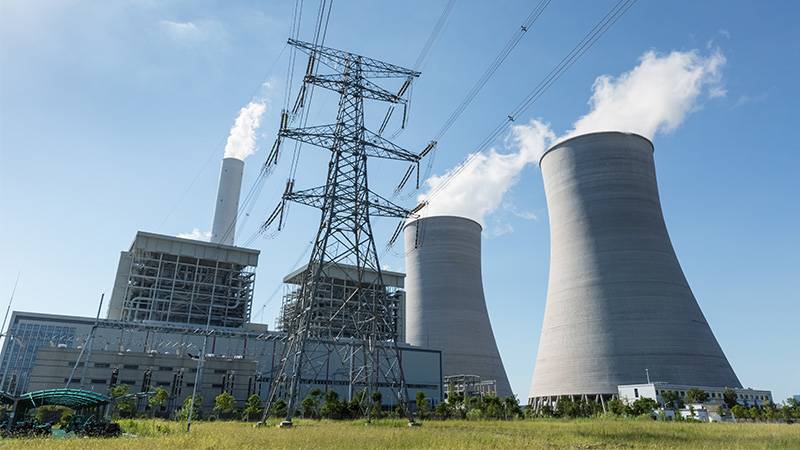Virginia is taking proactive steps to address climate change by formulating strategies to decrease greenhouse gas emissions at both state and regional levels. This initiative is backed by a substantial grant from the federal government.
Earlier this year, the U.S. Environmental Protection Agency (EPA) granted approximately $6 million to various Virginia entities, including the Department of Environmental Quality (DEQ), regional planning organizations, and the Monacan Indian Nation. This funding is intended to support the development of two distinct plans.
The first, named the Priority Climate Action Plan, will spotlight projects that can offer immediate reductions in greenhouse gas emissions. The second, the Comprehensive Climate Action Plan, is designed to outline enduring strategies for achieving long-term emission reductions.
DEQ Director Mike Rolband emphasized the importance of these plans during a recent webinar, noting that they align with the DEQ’s core mission of promoting climate resilience and reducing climate pollution in Virginia.
The financial backing for these initiatives originates from the Inflation Reduction Act, a significant piece of federal legislation from the previous year. This act encourages investments in climate-centric technologies.
The Priority Climate Action Plan is slated for completion by March 2024. Projects that make the cut will be eligible to vie for a subsequent $4.6 billion grant pool intended for execution. The Comprehensive Climate Action Plan, with a broader scope, is due in July 2025. This plan will delve into strategies for curbing emissions across various sectors, including transportation and electricity, and will also evaluate the advantages of such reductions.
Both plans underscore the importance of considering the positive impacts of emission reductions on disadvantaged and low-income communities and emphasize the need for consistent emissions monitoring.
“This grant will help us plan for reducing climate pollution and promoting climate resilience in the commonwealth, both of which are central to our mission,” said DEQ Director Mike Rolband at a webinar last week. “Just as changing climatic conditions impact all of Virginia, these changes also impact all of the environmental programs here at DEQ.”
According to the Virginia Mercury, Virginia’s DEQ will spearhead the state’s planning process, collaborating with several other state departments, including the Department of Transportation and the Department of Housing and Community Development.
Virginia has already made significant strides in its fight against climate change. Notably, the 2020 Virginia Clean Economy Act aims to transition the state’s electric grid to be carbon-neutral by 2050. Additionally, in 2021, Virginia aligned its vehicle emissions standards with California’s, promoting the adoption of electric vehicles. The state has also been an active participant in the Regional Greenhouse Gas Initiative (RGGI) since 2021, a program that mandates electricity producers to purchase allowances for their carbon emissions.
However, political shifts in the state, marked by the election of Gov. Glenn Youngkin and the Republican takeover of the House of Delegates, have introduced new energy perspectives. Youngkin’s energy blueprint from last year supports the continued utilization of natural gas and has shown intentions to withdraw Virginia from the RGGI.
Tom Ballou, DEQ’s director of air data analysis and planning, highlighted that transportation is the leading contributor to Virginia’s greenhouse gas emissions, accounting for 42%. The electric power sector follows at 21%. Interestingly, while carbon dioxide makes up 80% of the state’s emissions, methane, a more potent greenhouse gas, would represent 62% if carbon dioxide were excluded.
Data centers, a booming industry in Virginia, are also a focal point in the state’s climate discussions. These centers often depend on fossil fuel generators for backup power. The Climate Pollution Reduction Grants aim to ensure that these centers adopt environmentally responsible practices.
On the regional front, three authorities, including PlanRVA and the Metropolitan Washington Council of Governments, have received funding. Each group is adopting a data-driven approach, integrating existing climate policies into their strategies. For instance, Richmond will leverage its RVAGreen 2050 sustainability plan to promote efficient building operations and carbon sequestration techniques.
Virginia’s concerted efforts to combat greenhouse gas emissions, backed by federal funding, signify a promising step towards a sustainable future.
More inspiring green news similar to this:


